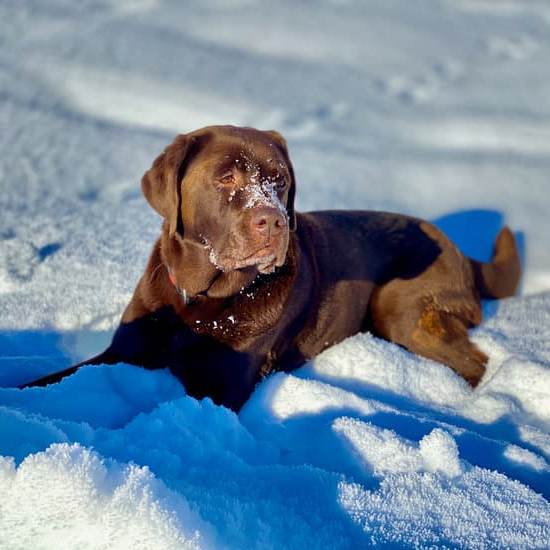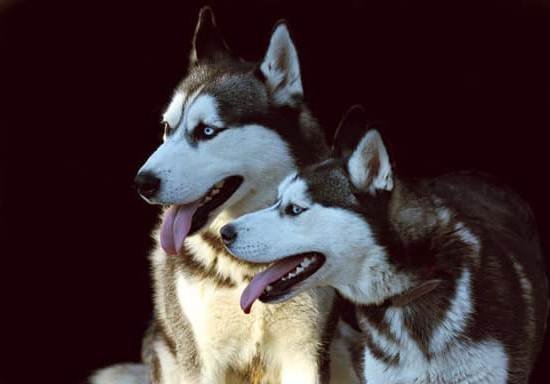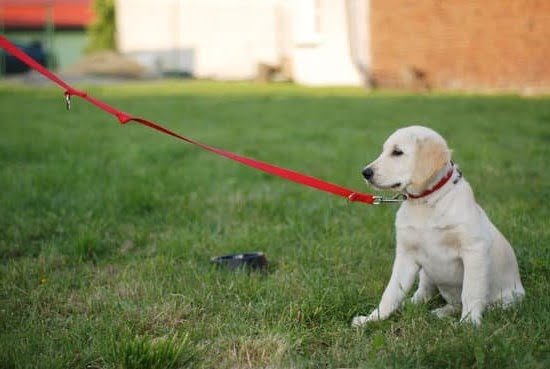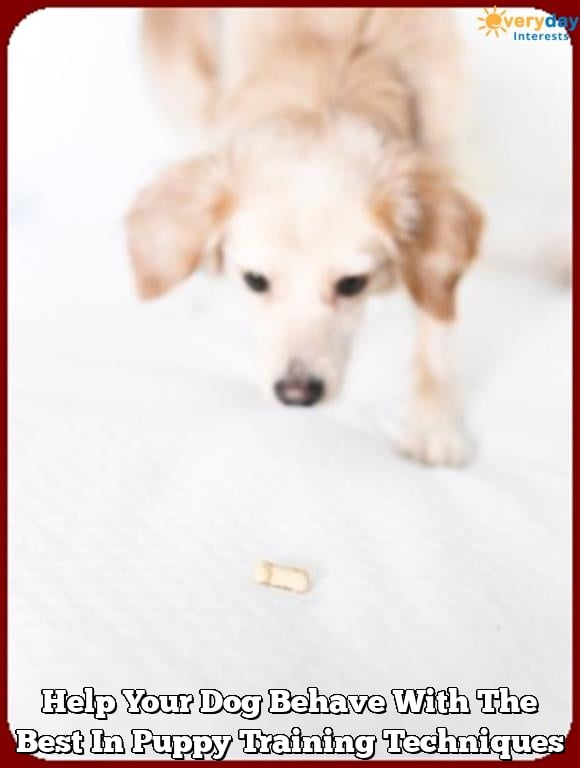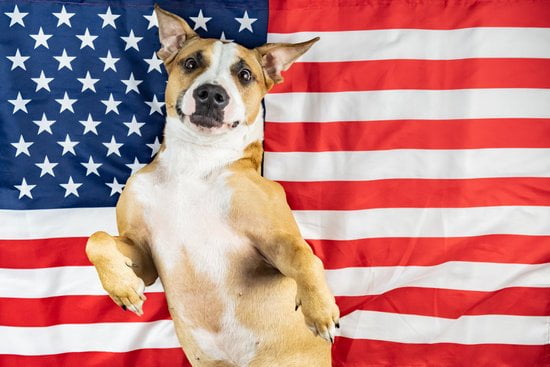Potty training a puppy can be a challenging and often frustrating experience for many pet owners. The constant need to supervise, clean up accidents, and work on establishing a routine can be overwhelming. In the midst of this daunting task, many dog owners may wonder if an older dog can help potty train a new puppy. Can an older dog really make a difference in the potty training process?
The idea of using an older dog to assist in potty training a puppy is not uncommon, and for good reason. The dynamics between an older dog and a young pup can play a significant role in shaping the behavior of the younger one. With the right guidance and interaction, an older dog could potentially serve as a positive influence on the puppy’s potty training journey.
Aside from providing companionship and socialization for the young pup, there are numerous benefits to having an older dog as a role model for potty training. From understanding pack mentality to learning by observation, the presence of an experienced canine can greatly aid in teaching proper bathroom habits to the new addition to the household.
Can an Older Dog Help Potty Train a Puppy? Exploring the Dynamics
When bringing a new puppy into your home, one of the first challenges you may encounter is potty training. It can be a frustrating and time-consuming process, but there are ways to make it easier for both you and your new furry friend.
One question that often arises is whether an older dog can help in the potty training process. The answer is yes, as older dogs can serve as a valuable role model for puppies learning where to do their business.
The presence of an older dog in the house can have a positive influence on a puppy’s potty training. Puppies are very observant and learn through imitation, so having an older, already trained dog around can show the puppy where they should go to relieve themselves. This dynamic can make the potty training process smoother and quicker for the puppy.
Additionally, the older dog’s pack mentality can also play a significant role in influencing the puppy’s behavior. Dogs are social animals that establish hierarchies within their packs, and puppies will often mimic the behavior of older dogs to gain acceptance and approval within the pack. This means that an older dog demonstrating proper potty behavior can encourage the puppy to follow suit.
The Benefits of Using an Older Dog as a Role Model for Potty Training
Potty training a puppy can be a challenging and often frustrating experience for pet owners. However, one effective method that has gained popularity is using an older dog as a role model for potty training. The benefits of this approach are numerous and can greatly aid in the success of training the puppy.
One of the main benefits of using an older dog as a role model for potty training is that puppies learn by example. When they observe the older dog displaying proper potty behavior, such as going outside to relieve themselves, it provides a visual demonstration for the puppy to follow. This can be especially helpful for puppies who are struggling with understanding where they should do their business.
Additionally, having an older dog demonstrate proper potty behavior can help accelerate the learning process for the puppy. Puppies are known to mimic behaviors they see in other dogs, and by witnessing the older dog’s actions, they are more likely to pick up on what is expected of them in terms of bathroom etiquette. This not only makes the training process easier but also reinforces positive behaviors in the puppy from an early age.
Understanding Pack Mentality
When it comes to potty training a puppy, understanding pack mentality can play a crucial role in the process. Dogs are pack animals by nature, and they tend to observe and learn from each other within their social structure. This means that introducing an older dog to the potty training process can have a positive influence on the puppy’s behavior.
Here are some ways in which older dogs can influence potty training:
- Role modeling: Older dogs often exhibit good potty habits, and puppies will naturally look up to them as role models. When a puppy sees an older dog using designated areas for elimination, they are more likely to follow suit.
- Reinforcing boundaries: Older dogs can help establish boundaries for the puppy when it comes to eliminating outdoors. They may communicate through body language or vocal cues that certain areas are for pottying, which can help reinforce positive habits in the puppy.
- Providing comfort and security: Puppies may feel more confident and secure when an older dog is present during potty training. The presence of a confident, well-trained adult dog can help alleviate anxiety and stress in the puppy, creating a more conducive environment for learning.
Tips for Introducing the Puppy to the Older Dog for Potty Training
Introducing a new puppy to an older dog can be a crucial step in using the older dog as a role model for potty training. Here are some tips for successfully introducing the two dogs:
1. Gradual introduction: Allow the older dog and puppy to meet in a neutral area, such as a park or a friend’s yard. Keep both dogs on leashes at first to maintain control of the situation.
2. Watch their body language: Pay close attention to how the older dog and puppy interact with each other. Look for signs of aggression or anxiety, and be prepared to separate them if necessary.
3. Positive reinforcement: When the meeting goes well, reward both dogs with treats and praise. This will help create positive associations with each other.
4. Monitor closely: After the initial introduction, continue to monitor their interactions closely when they are together. Make sure that both dogs are comfortable and safe around each other before attempting potty training together.
By following these tips, you can help ensure a smooth introduction between your older dog and new puppy, setting the stage for successful potty training with the older dog as a positive influence.
The Importance of Consistency in Potty Training, With or Without an Older Dog
Potty training a puppy is often a challenging task that requires time, patience, and consistency. Regardless of whether an older dog is involved in the process, the key to successful potty training lies in maintaining a consistent routine and approach. Consistency is crucial for helping the puppy understand where and when it should relieve itself.
The Role of Consistency
Consistency in potty training involves establishing a regular schedule for feeding, watering, and bathroom breaks. By consistently taking the puppy outside to the designated potty area after meals, naps, and playtime, you can teach it to associate these times with bathroom breaks. Additionally, using consistent verbal cues or commands such as “go potty” can help reinforce the desired behavior.
Training Methods
Whether an older dog is present or not, consistency in training methods is essential. Positive reinforcement techniques such as praise, treats, and petting can be effective tools for encouraging the puppy to eliminate in the appropriate spot. If accidents occur indoors, it’s important to clean the area thoroughly to remove any lingering scent that might attract the puppy back to that spot.
Adapting With an Older Dog
If an older dog is involved in potty training the puppy, consistency becomes even more important. Both dogs should be on similar feeding and outdoor schedules to minimize confusion for the puppy. Consistent supervision of both dogs during bathroom breaks will also help reinforce proper potty behavior for the puppy.
By maintaining consistency in potty training efforts, whether with or without an older dog’s assistance, you can increase the likelihood of success while minimizing confusion for your new furry friend.
Common Challenges and Solutions When Using an Older Dog to Help Potty Train a Puppy
Challenges of Using an Older Dog for Potty Training
One common challenge when using an older dog to help potty train a puppy is the older dog’s own potty habits. If the older dog has not been properly trained or has developed bad habits over time, it can inadvertently pass these behaviors on to the puppy. This can include going to the bathroom inside the house, which sends conflicting messages to the puppy during its potty training process.
Solutions for Overcoming Challenges
To overcome this challenge, it is essential to retrain or reinforce good potty habits in the older dog before introducing them to the puppy. This may involve using positive reinforcement techniques, such as rewards and praise when the older dog goes outside. Additionally, separating the older dog from the puppy during key potty training moments can prevent any unintentional influence on the puppy’s behavior.
Another common challenge is behavioral issues between the older dog and the puppy. Some older dogs may feel territorial or threatened by a new addition to the household, leading to aggression or stress. This can disrupt the potty training process if there is tension between the two dogs.
Creating a Positive Environment for Both Dogs
To address this issue, gradual introductions and supervised interactions between the older dog and puppy are crucial. Creating a positive environment where both dogs feel safe and comfortable around each other will facilitate a smoother potty training experience. Providing separate spaces for each dog with their own food, water, and sleeping areas can also alleviate potential conflicts and create a harmonious living environment for both animals.
Success Stories
Many dog owners have successfully utilized older dogs to assist in potty training their new puppies. One common success story involves a household with an older, well-trained dog and a new puppy. The older dog would demonstrate appropriate potty behavior by consistently going outside to relieve itself.
The puppy, observing the older dog’s actions, learned to mimic this behavior. Over time, the puppy began to follow the older dog’s lead and also started going outside for potty breaks.
In another success story, a family brought home a new puppy to join their pack which already included an older, well-trained dog. Instead of setting up separate potty training routines for each dog, the family decided to utilize the older dog as a mentor for the new puppy.
By consistently taking both dogs outside at regular intervals and praising them when they went potty outside, the family was able to successfully potty train the new puppy with the help of the older dog’s influence.
An important aspect of these success stories is that consistency was key. Both examples involved consistent reinforcement of positive behavior and a regular routine for taking both the older and younger dogs outside for potty breaks. This is crucial for any potty training method, whether or not an older dog is involved in the process.
| Success Story | Key Element |
|---|---|
| Older well-trained dog helps teach new puppy | Consistent demonstration of appropriate potty behavior |
| New puppy learns from example of older dog | Consistently taking both dogs outside at regular intervals |
Conclusion
In conclusion, while potty training a puppy can be a challenging task, the use of an older dog as a role model and mentor can greatly benefit the process. The dynamics between older and younger dogs often create a natural learning environment for the puppy to understand and emulate desired behaviors. By tapping into the pack mentality and using an older dog’s influence, potty training can become a smoother and more effective experience.
The benefits of using an older dog as a role model for potty training are numerous. Not only does it provide the puppy with a clear example of where to eliminate, but it also helps them understand social cues and communication within a pack. Additionally, building a positive relationship between the older and younger dog through this shared experience can strengthen their bond and create harmony within the household.
While introducing the puppy to the older dog for potty training, it is crucial to provide supervision, patience, and consistency. Establishing routines and rewarding desired behaviors will contribute to the success of this method. However, it is important to remember that regardless of whether an older dog is involved in the process or not, consistency remains key in achieving potty training success with a new puppy.
Frequently Asked Questions
Can an Older Dog Potty Train a Puppy?
Yes, an older dog can help potty train a puppy through their behavior and routine. Puppies often learn by imitating older dogs, so observing the older dog’s potty habits can be beneficial for the puppy to pick up on.
Is It Easier to Train a Puppy With an Older Dog?
It is generally considered easier to train a puppy with an older dog present. The presence of an older, already trained dog can provide guidance and examples for the puppy to follow. This can help reinforce positive behaviors and make training a smoother process.
Does Having Another Dog Help With Potty Training?
Having another dog can definitely help with potty training, especially if the other dog is already housebroken. The younger dog will observe the older one’s behavior and may follow suit. Additionally, having two dogs may make it easier to maintain a consistent routine for bathroom breaks, which is important in potty training.

Welcome to the blog! I am a professional dog trainer and have been working with dogs for many years. In this blog, I will be discussing various topics related to dog training, including tips, tricks, and advice. I hope you find this information helpful and informative. Thanks for reading!

